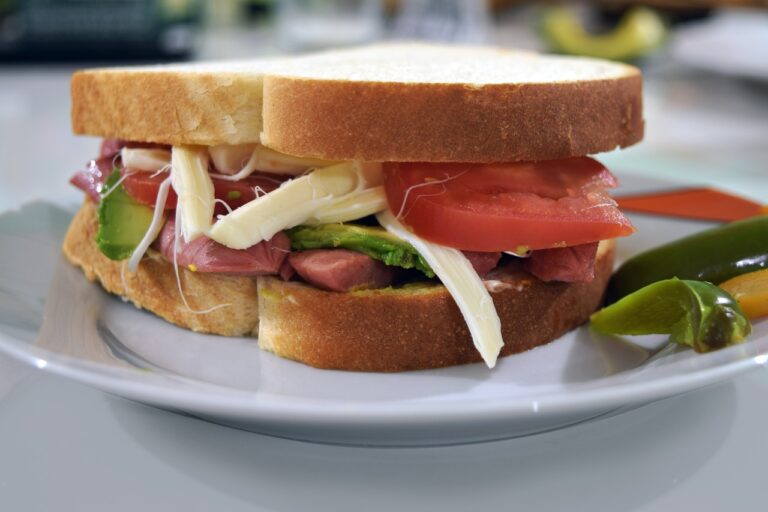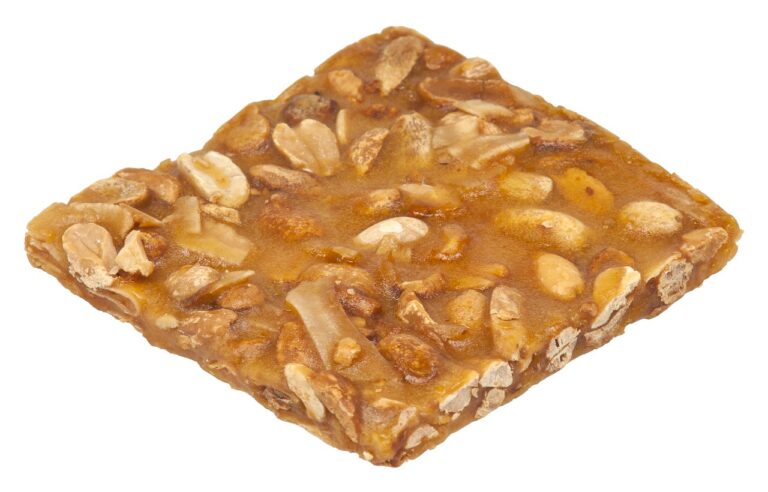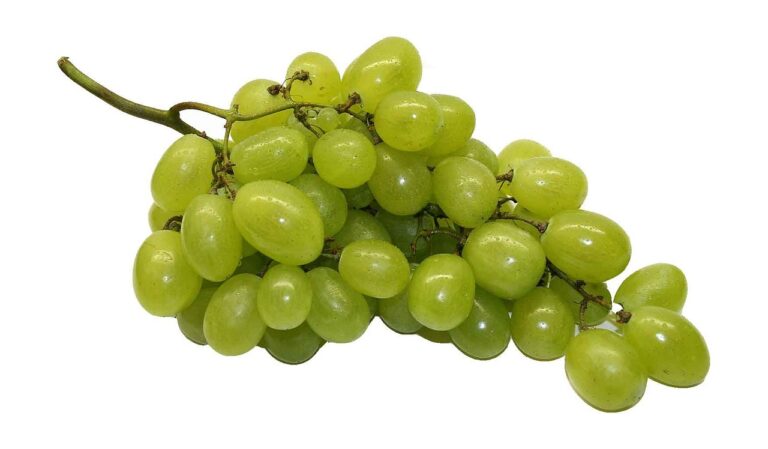Food Storage for Zero-Waste Living: Minimizing Packaging and Waste: Lotusbook365 login, Play99exch com, All panel login
lotusbook365 login, play99exch com, all panel login: Living a zero-waste lifestyle is all about reducing our impact on the environment by minimizing the waste we produce. One area where we can make a significant difference is in our food storage habits. By changing how we store our food, we can minimize packaging waste and ensure that less food goes to waste. In this article, we’ll explore some tips for food storage for zero-waste living.
1. Invest in Reusable Containers
One of the easiest ways to reduce waste in your food storage routine is to invest in a set of reusable containers. These containers can be used to store leftovers, bulk items, and even fresh produce. Look for containers made from glass or stainless steel, as these are more durable and can be reused for many years.
2. Use Mason Jars for Bulk Items
Mason jars are a versatile and environmentally-friendly option for storing bulk items such as grains, nuts, and seeds. These jars are airtight, which helps to keep your food fresh for longer. Plus, they are easy to clean and can be reused indefinitely.
3. Ditch Single-Use Plastic Bags
Instead of using single-use plastic bags to store food, opt for reusable silicone bags or beeswax wraps. These alternatives are more sustainable and can be used over and over again. They are also great for storing sandwiches, snacks, and other on-the-go foods.
4. Label Your Containers
To prevent food waste and ensure that you use up your food before it goes bad, be sure to label your containers with the date and contents. This will help you keep track of what you have on hand and when it needs to be used by.
5. Store Food Properly
Proper food storage is key to reducing waste. Make sure to store perishable items like fruits and vegetables in the fridge to extend their shelf life. You can also freeze items like bread, cheese, and meat to prevent them from spoiling.
6. Compost Food Scraps
Even with the best intentions, you may still end up with some food waste. Instead of throwing these scraps in the trash, consider composting them. Composting not only reduces waste but also creates nutrient-rich soil for your garden.
7. Shop in Bulk
Buying items in bulk can help reduce packaging waste and save you money in the long run. Look for stores that offer bulk bins for items like grains, pasta, and spices. Bring your own containers to fill up, and you’ll be well on your way to a zero-waste pantry.
8. Repurpose Glass Jars
Instead of recycling glass jars, consider repurposing them for food storage. You can use them to store homemade sauces, dressings, and jams. They can also be used to organize your pantry or serve as drinking glasses.
9. Plan Your Meals
Meal planning is a great way to reduce food waste and ensure that you use up what you have on hand. Before heading to the grocery store, take inventory of what you already have and plan your meals accordingly. This will help you avoid buying unnecessary items and prevent food from going to waste.
10. Reuse Food Packaging
When you do end up with food packaging, try to find creative ways to reuse it. For example, cardboard boxes can be used for storage or craft projects. Plastic containers can be repurposed for organizing small items. Get creative and think outside the box!
11. Avoid Impulse Buys
One of the biggest sources of food waste is impulse buys. To reduce waste, try to avoid purchasing items on a whim. Stick to your shopping list and only buy what you know you will use. This will help prevent food from sitting in your pantry and going bad.
12. Make Use of Leftovers
Instead of letting leftovers go to waste, get creative and find new ways to use them. Leftover veggies can be turned into a stir-fry, and leftover rice can be used to make fried rice. Not only will this help reduce waste, but it will also save you time and money.
FAQs
Q: Can I still practice zero-waste living if I live in a small space?
A: Absolutely! Even if you have limited storage space, you can still reduce waste by using stackable containers, mason jars, and other space-saving solutions.
Q: How can I convince my family to adopt zero-waste food storage habits?
A: Start by leading by example and gradually introduce new habits. Explain the benefits of zero-waste living, such as saving money and reducing environmental impact.
Q: What do I do with items that can’t be composted or recycled?
A: Look for alternative ways to reuse these items. For example, glass jars can be repurposed for storage, and plastic bags can be used for organization or as trash bags.
Q: Is zero-waste living expensive?
A: While there may be some upfront costs, such as investing in reusable containers, zero-waste living can actually save you money in the long run. By reducing food waste and packaging waste, you’ll save on groceries and other household essentials. Plus, you’ll be doing your part to protect the planet.
In conclusion, by making small changes to our food storage habits, we can all work towards a more sustainable future. Whether it’s investing in reusable containers, shopping in bulk, or getting creative with leftovers, there are plenty of ways to minimize waste and reduce our impact on the environment. Start implementing these tips today and see the difference it can make in your zero-waste journey.







